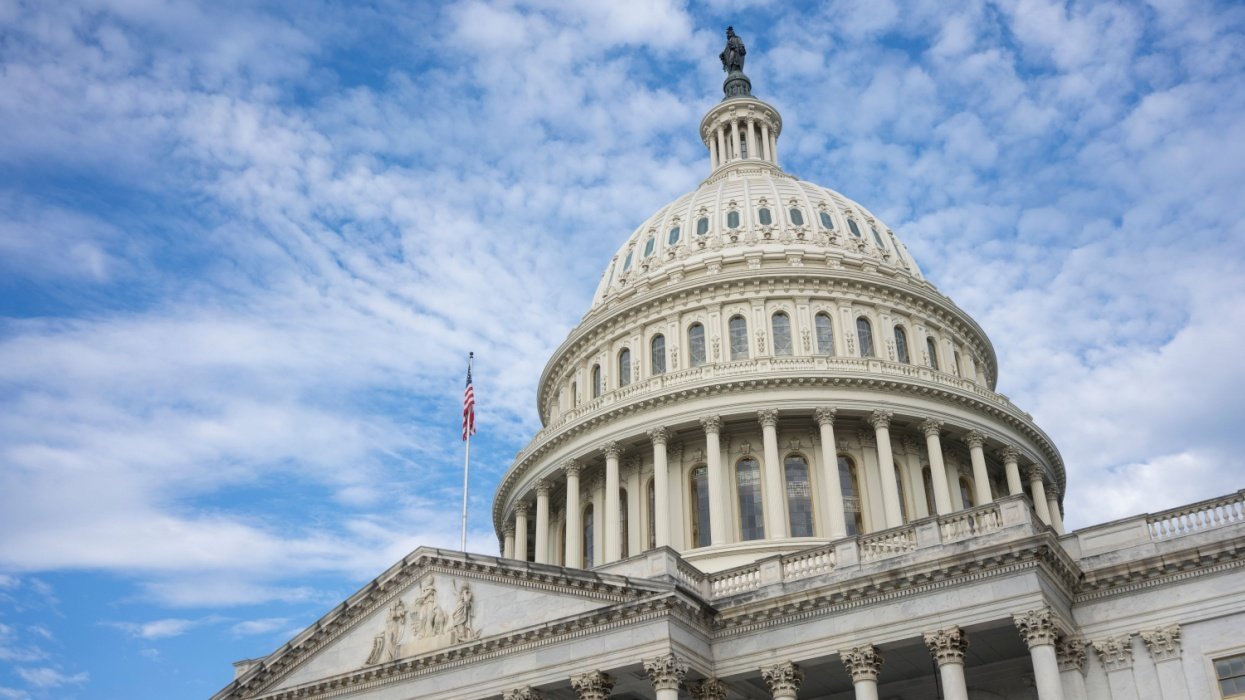U.S. Supreme Court Justice Anthony Kennedy, the author of June's landmark marriage equality decision, has suggested that public officials who object to that or other legal mandates should resign.
Kennedy made the comment during an appearance at Harvard Law School Thursday, in response to a question from a student in the audience. The student said the court's decision in Obergefell v. Hodges, which brought legal marriage equality to all 50 states, contained "an alternative version of marriage, or understanding of marriage" and was based on "new insights" about the nature of marriage.
Referring to laws governing both marriage and abortion, the young man asked Kennedy, "Would you say that there are any state or federal officials with authority to act according to her own judgment of the truth of new insights or of the soundness of the court's constitutional interpretation, or would it be illegal for any federal official or state official to enforce or to act according to the old understanding of life and the Constitution that she still judges to be the truth of the matter?"
The justice responded by pointing out that only three judges resigned during Germany's Third Reich -- the government of Adolf Hitler -- and said, "Great respect, it seems to me, has to be given to people who resign rather than do something they view as morally wrong, in order to make a point. However, the rule of law is that, as a public official, in performing your legal duties, you are bound to enforce the law."
"This requires considerable introspection," he continued, "and it's a fair question that officials can and should ask themselves. But certainly, in an offhand comment, it would be difficult for me to say that people are free to ignore a decision by the Supreme Court."
Kim Davis, the Kentucky county clerk who says her religious beliefs will not allow her to issue marriage licenses to same-sex couples -- and went to jail for defying a court order to do her job -- did not come up by name, nor did any of the other public officials around the nation who have similar objections to same-sex marriage. But they were clearly the antigay elephant in the room.
Kennedy, appointed to the high court by an icon of conservatism -- President Reagan -- has become known as an independent thinker and the court's key swing vote, breaking ties between the four reliably conservative and four reliably liberal justices. Besides the marriage equality decision, he has written the majority opinion in three other landmark pro-LGBT rights rulings:Romer v. Evans, 1996, invalidating an antigay Colorado law; Lawrence v. Texas, 2003, striking down antisodomy laws; and Windsor v. U.S., 2013, bringing federal government recognition to same-sex marriages performed in states where they were legal.
Below, watch video of Kennedy's speech, posted by the law school and shared by ThinkProgress. The exchange on the marriage equality decision begins around the 51-minute mark.

















































































